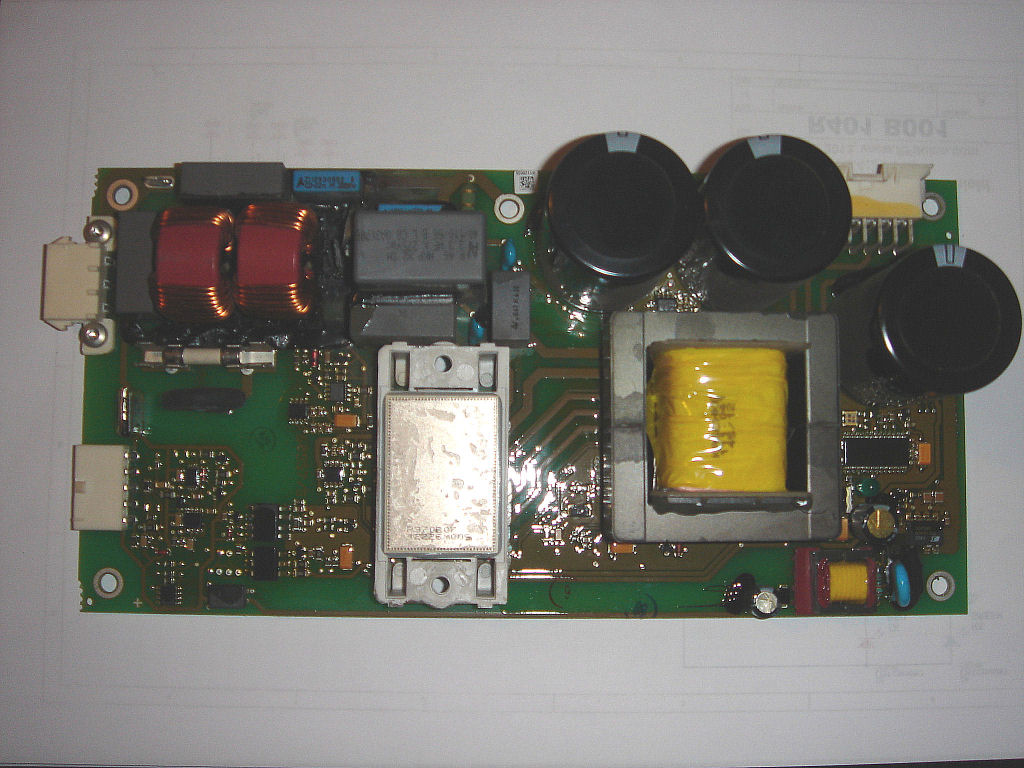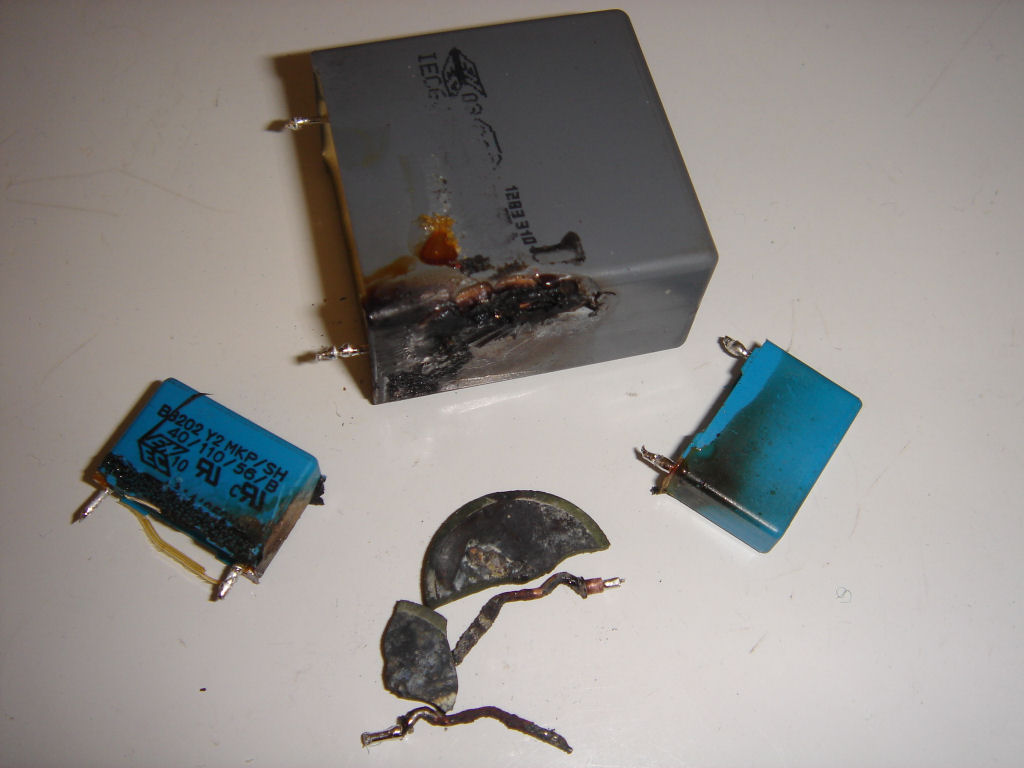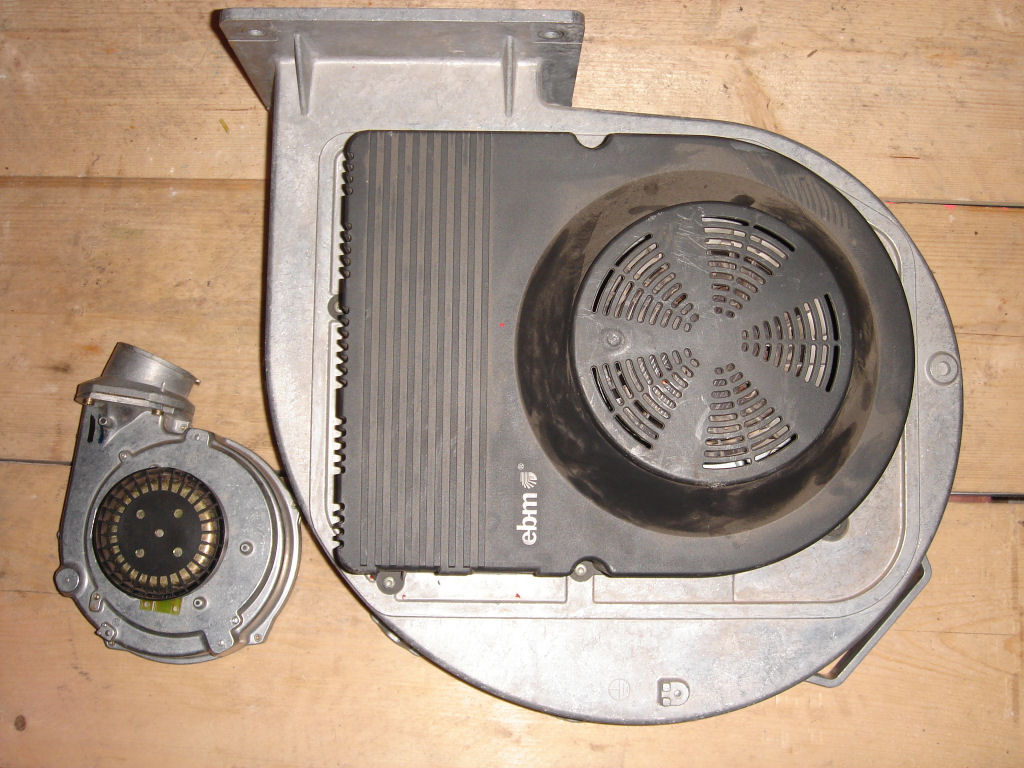It would (sound unlikely) if the "leads" being talked about were just cables, but I suspect that he was referring to the "several extension leads which have surge protection" referred to in the OP, which, if they were connected at the time, could well result in a low IR.Sounds a bit unlikely - not your story, but the reason for low IR.
Kind Regards, John




